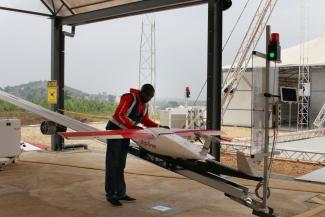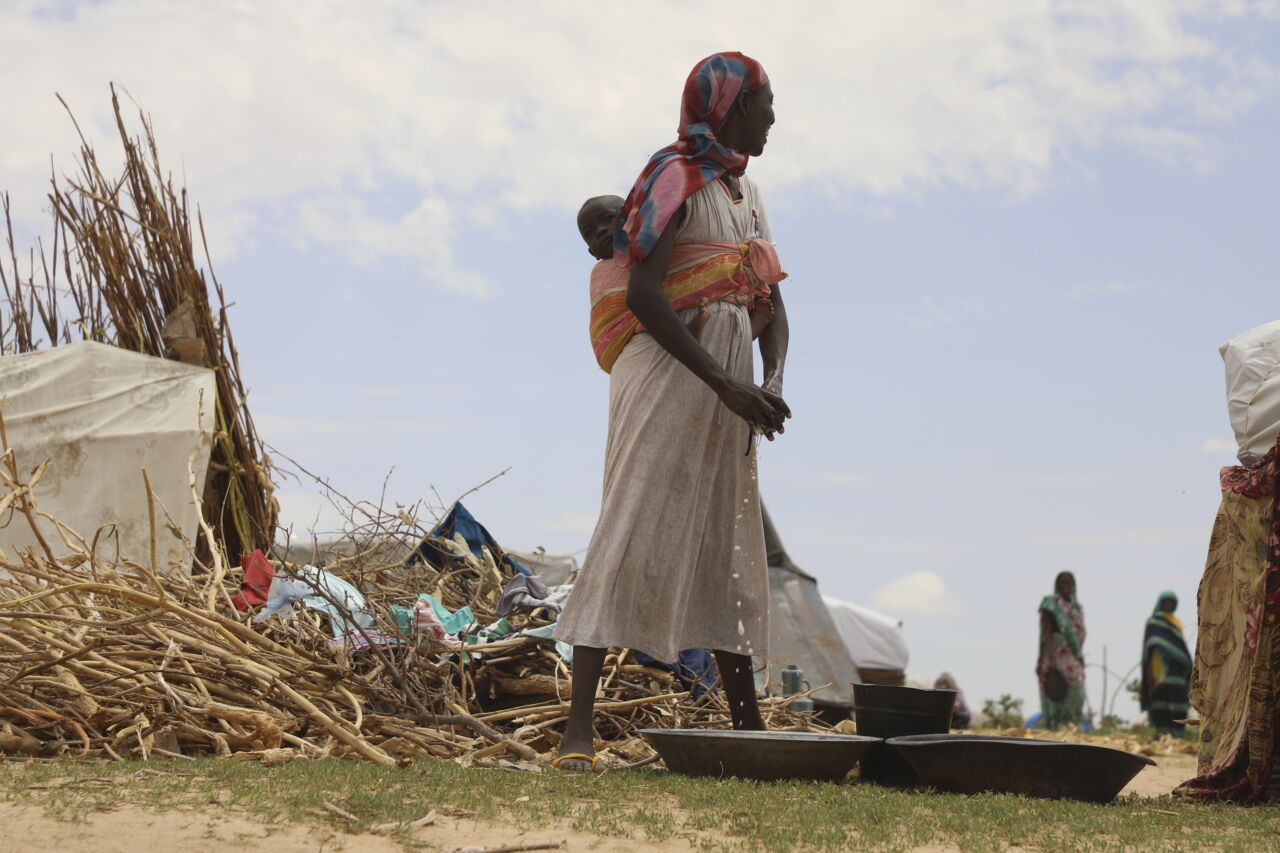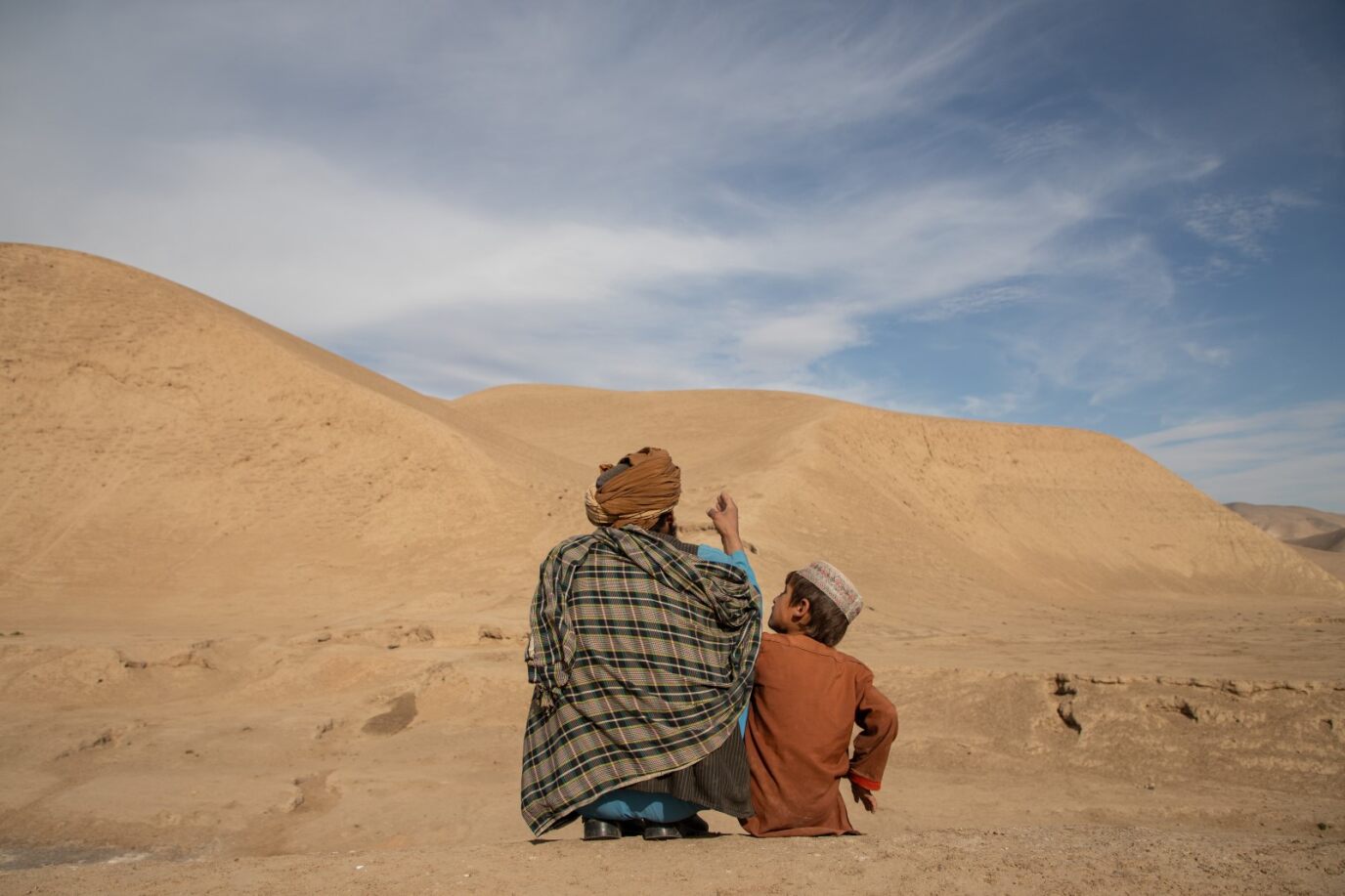Digitalisation
Low and high-tech applications

Digital technology facilitate access to knowledge and give scope to political and economic engagement. They thus offer opportunities for improving the conditions many people live in. Moreover, digital applications can improve the efficiency, design, outreach and transparency of development efforts. Therefore, many NGOs are relying on such options.
One of the advantages is that not everyone involved in a project has to be at the same place at the same time. Data can be collected locally for evaluation anywhere else in the world. It has become easier to offer sustained schooling to Syrian children in Jordanian refugee camps or to children in Argentina’s remote areas. One app can even help refugees struggling with depressive and post-traumatic disorders wherever they may be. This app is available in several languages free of charge (see http://almhar.org/).
The VENRO report provides an overview of various pilot projects as well as of the state of digitalisation in general. They range from low-tech (radio or SMS-based) to medium-tech (based on smartphones, tablets and social media) to high-tech instruments (such as the linking of smartphones, satellites and digital maps or the use of drones). What fits best in which context differs from case to case. The latest technology is not always the best choice. Established services such as text messaging often have higher impacts.
A prime example of a useful low-tech instrument is M-Pesa, the mobile-payment system many people in Africa depend on. It enables them to carry out financial transactions by text message and has become a driver of economic growth and social development.
According to the VENRO study, many technologies are still at an early stage, but could offer new approaches for rising to challenges in the future. For example, drones might serve to deliver pharmaceuticals to inaccessible regions. They could also be used to monitor deforestation and illegal action in general.
On the upside, digitalisation can thus be an important contribution to achieving the Sustainable Development Goals (see Hackmann and Messner in the Tribune section of D+C/E+Z e-Paper 2019/11). At the same time, it poses new challenges for NGOs. The monopoly positions of multinational corporations such as Google or Facebook, insufficient regulatory frameworks and reckless profit maximisation may thwart development. Innovative methods of communication do not automatically bring about fairness or sustainability, nor do they necessarily deepen democracy. The flip side of the coin is manipulation, surveillance, censorship, intimidation and disinformation (see Focus section in D+C/E+Z e-Paper 2019/09).
The digital divide itself remains a major challenge. According to the VENRO authors, about half of the world population still has no access to the internet, and the people concerned tend to be marginalised in social and economic terms. They are the main target groups for developmental NGOs. It is worrisome, moreover, that many questions concerning the protection of personal data remain unresolved.
Link
VENRO: Tech for Good. Möglichkeiten und Grenzen digitaler Instrumente in der Entwicklungszusammenarbeit von Nichtregierungsorganisationen (“Tech for good. Chances and limits of digital instruments in the development cooperation of non-governmental organisations” – only in German).
https://venro.org/fileadmin/user_upload/Dateien/Daten/Publikationen/Dokumentationen/NRO-Report_TechForGood_v04.pdf












